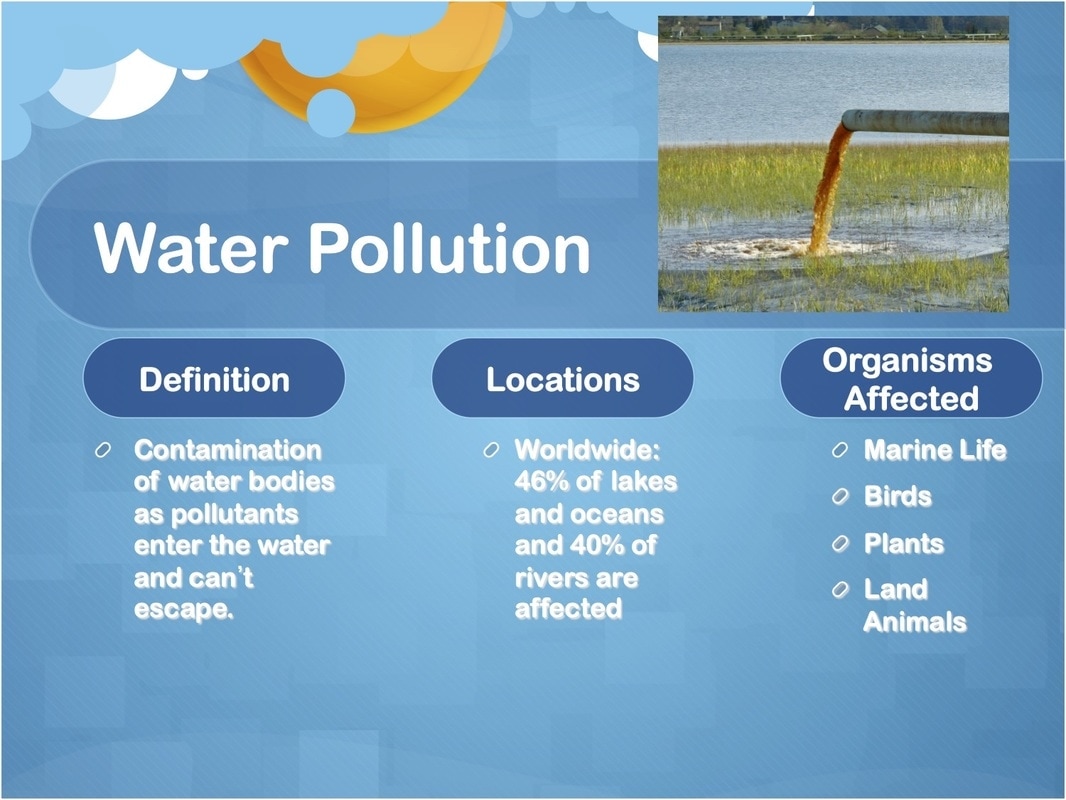

The entire supply chain of the meat industry contributes to an array of environmental issues affecting climate change and our water quality. On top of all of this, livestock emit methane (burps) during digestion and further emissions are released during the processing and transportation of the animals.

As the manure decomposes it releases emissions including methane, ammonia, and carbon dioxide which further contribute to climate change. This releases harmful substances like antibiotics, bacteria, pesticides, and heavy metals into the surrounding environment. If it’s not being sprayed onto fields, manure is typically stored in open lagoons that are susceptible to overflow during flooding or leakage due to faults. These crop fields are treated with toxic chemicals and doused in fertilizers, usually in higher quantities than the plants can use, leaving all the excess to runoff into surrounding waterways. Converting natural habitats to agricultural fields releases carbon pollution, contributing to climate change. Deforestation for agriculture is a problem in South America, but the Midwest is losing its native prairies and grasslands for farming. Millions of acres have been plowed over for large, monoculture crop fields dedicated to feeding livestock. Raising meat takes vast quantities of feed.

There are three big environmental issues with the production of meat - feed sourcing, manure processing, and climate change.


 0 kommentar(er)
0 kommentar(er)
